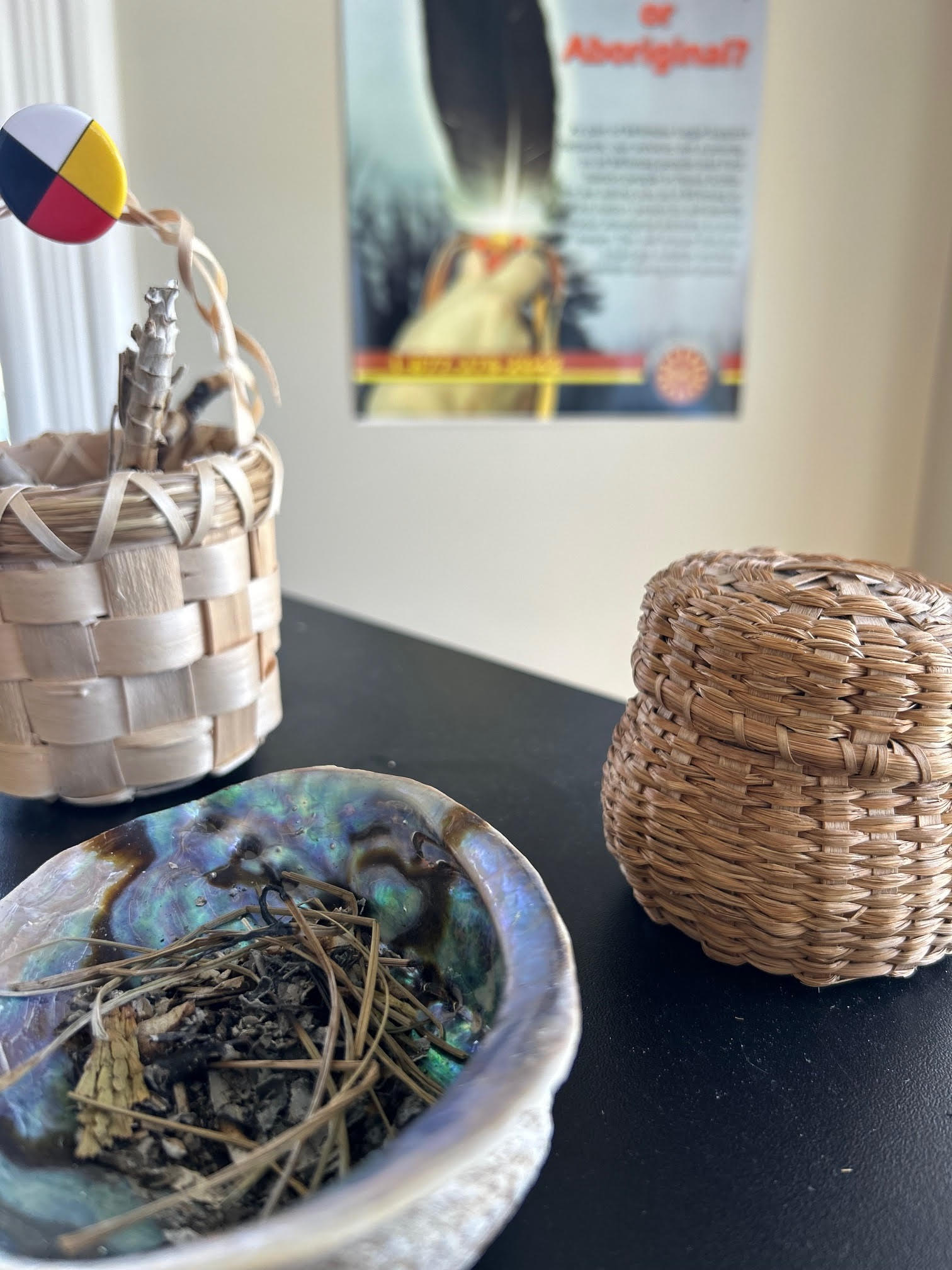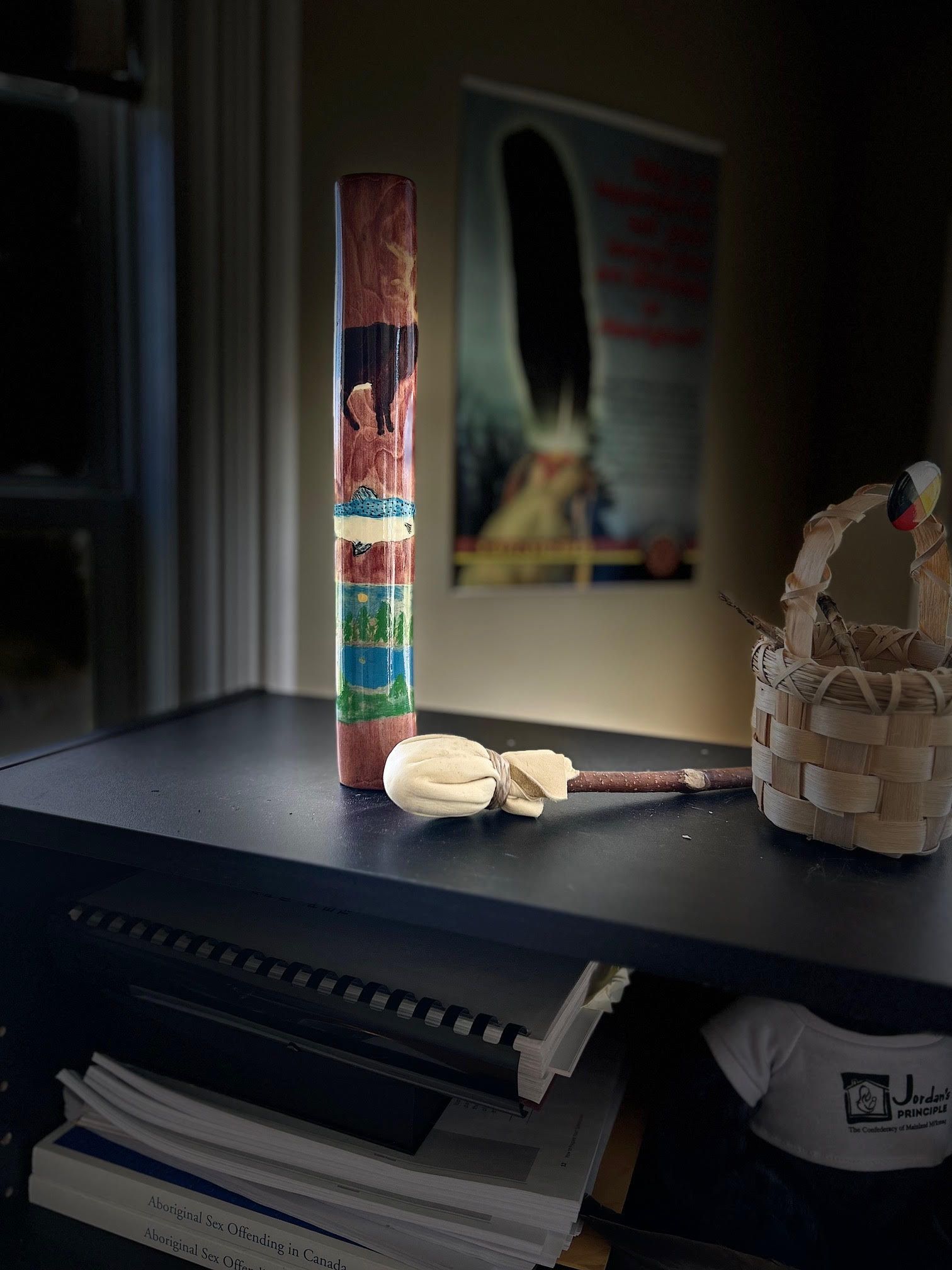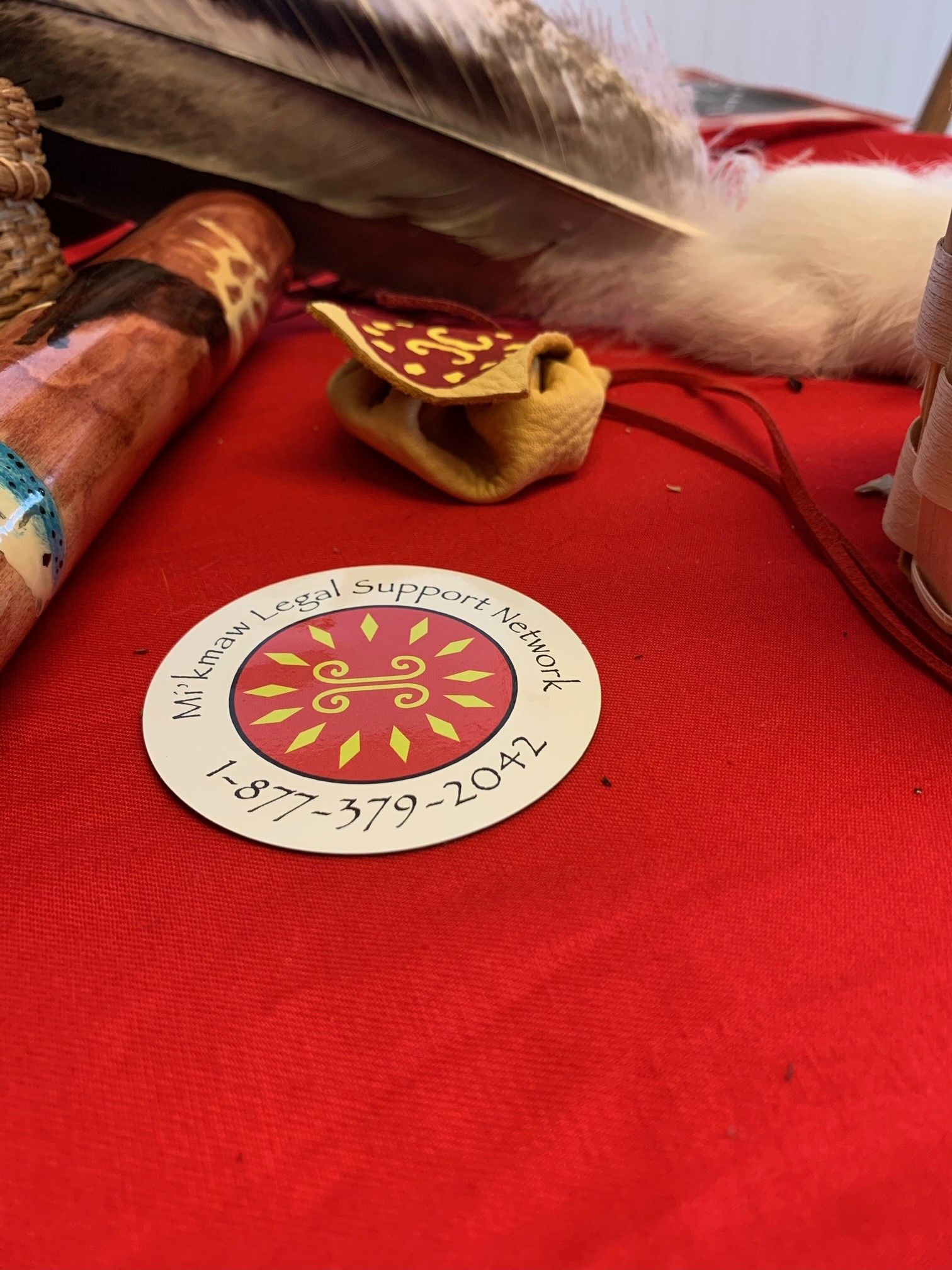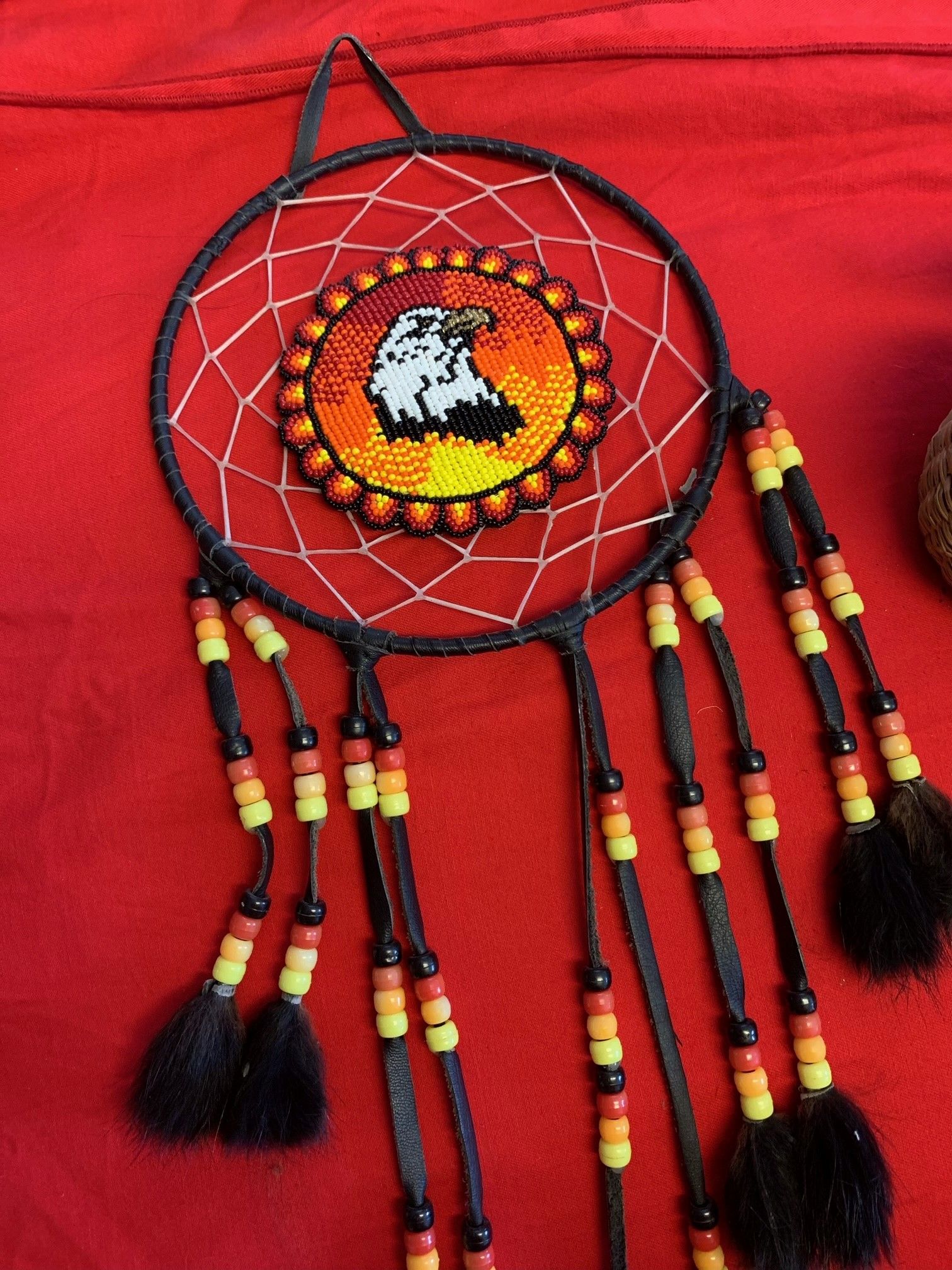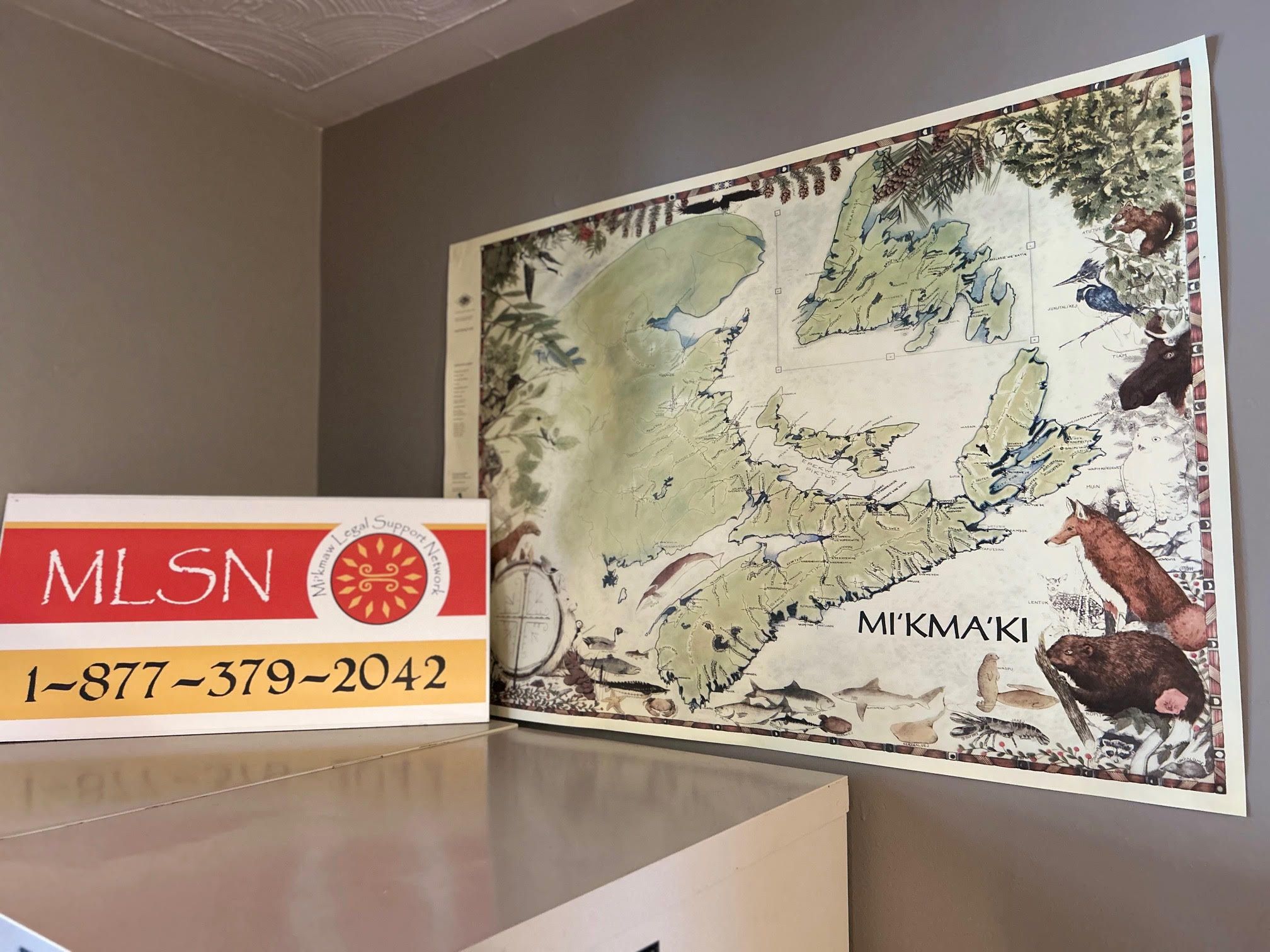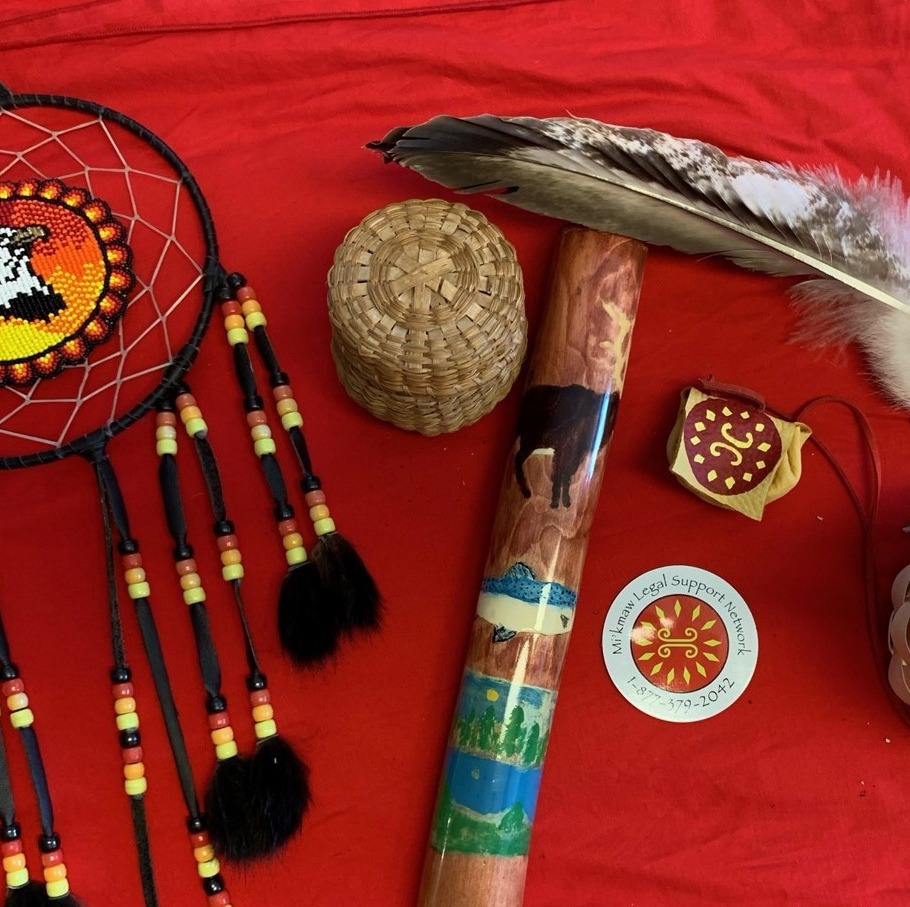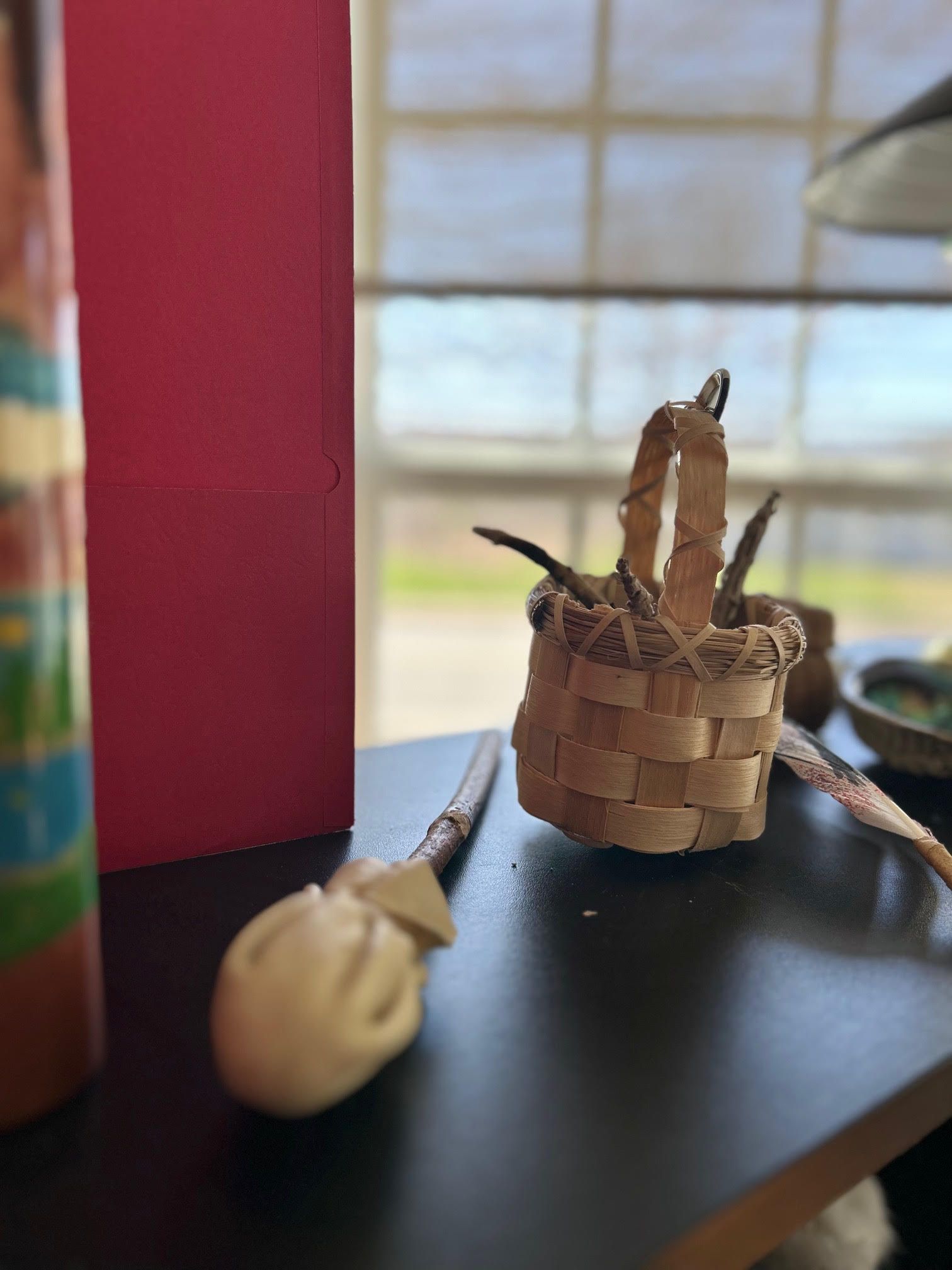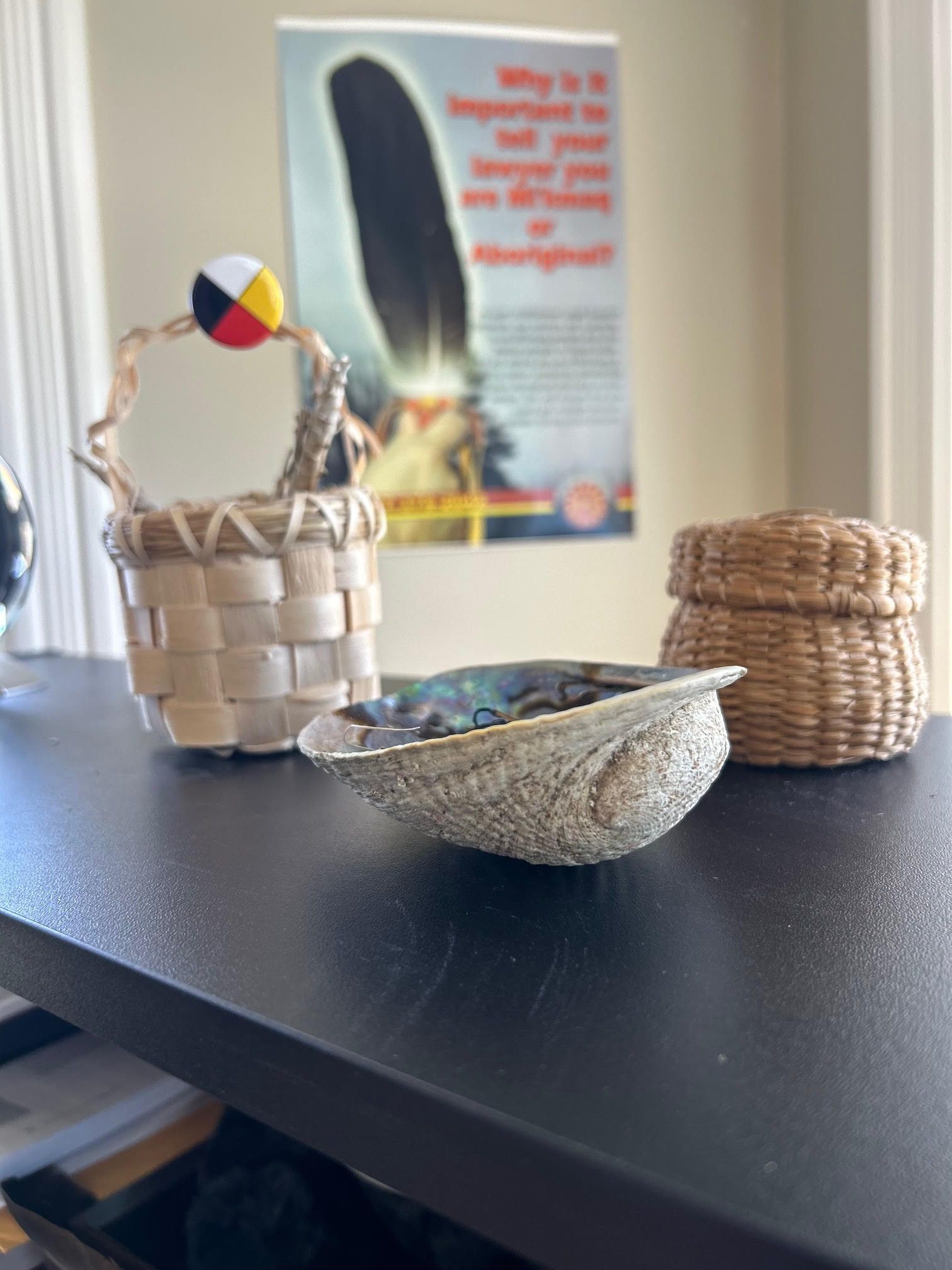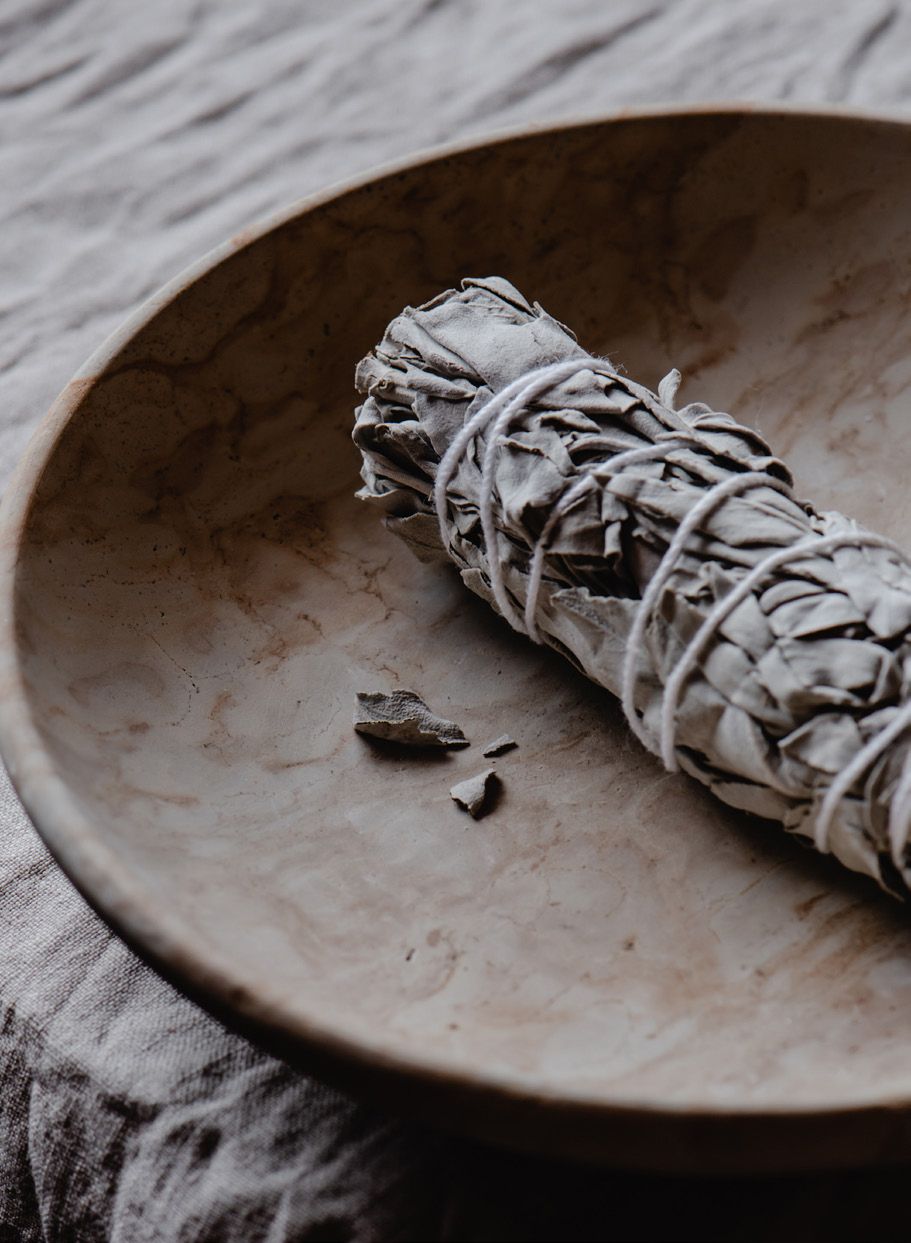Mi'kmaw Legal Support Network
To develop and maintain a new relationship between the criminal justice system and the Mi’kmaq and Indigenous people of Nova Scotia.
MLSN was initiated by the Nova Scotia Chiefs to develop and maintain a sustainable justice support system. This will ensure fair treatment of all Mi’kmaq and Indigenous people in the justice system.
Contact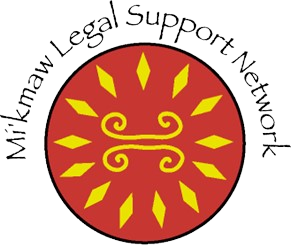
About
How can we help you?
Gladue Report and Aftercare Program
In 1999, the Supreme Court of Canada released the Gladue decision. It was a court case that recognized that indigenous people have been subjected to systemic racism in the criminal justice system.
It also said the unique system background factors that may have played a part in bringing the Aboriginal person before the court and the types of sentencing procedures and sanctions that may be appropriate in the circumstances because of their particular aboriginal heritage or connection.
A Gladue Report helps the judge decide on what action to take when sentencing. The judge’s decision may not always mean going to jail for the crime committed.
It helps the judge and other people in the justice system understand s.718.2(e) of the Criminal Code
- Personal History
- Family History
- Aboriginal Community History
- Current Circumstances
- Summary
- Community Recommendations
The purpose of a Gladue Report is to give the judge a complete picture of the indigenous person before the court. The report has details about the indigenous background and the circumstances that brought them before the court. Not all judges and other people in the justice system are familiar with indigenous peoples’ history in Canada. The Gladue Report is often key to educating a judge about the unique circumstances that affected and continue to affect all indigenous people.
To make a good decision you will need to tell the judge some things about your life that you might not like to talk about, a Gladue writer will guide you through this process. This will help your case and could help you in not getting in trouble again by knowing more about yourself. This is what is meant by restoring balance.
You’ve had a Gladue Report prepared for sentencing, and you have been sentenced...now what?
MLSN is aware, some clients come out of court overwhelmed by the number of conditions outlined in a probation order or a sentence order, and some feel they don’t know where to begin. MLSN can help.
We will:
- Help you with a healing plan.
- Help you follow through with Gladue recommendations.
- Keep in contact with you while you are working on your healing plan.
- Help you understand the conditions of your sentence.
When you have plead guilty or are found guilty, you can ask the court to request a Gladue Report. Then a writer will get in touch with you to start the process.
Victim Support Services
We assist Mi’kmaw and Indigenous victims of crime through the criminal justice process. We work in partnership with the provincial Victim Services to support and enhance their programming. We focus on community.
Creating Communities of Care is a project funded through the Nova Scotia Advisory Council on the Status of Women and Gender Equality Canada. This is a project based with the Mi’kmaw Legal Support Network. The purpose of it is to provide resources, supports, and a safe place for survivors of violence. We offer support circles, all court services, and cultural resources.
- Assist with referrals based on individual need including criminal injuries counselling.
- Provide information on the charges, rights, options and requirements in the justice system.
- Accompany the client to court and provide explanation of the trial and other court processes specific to the case.
- Offer justice support services specific to the clients circumstances.
- Assist with a victim impact statement. We can guide clients through this process.
- Provide advocacy for victim’s rights.
- Be available to provide public education and training.
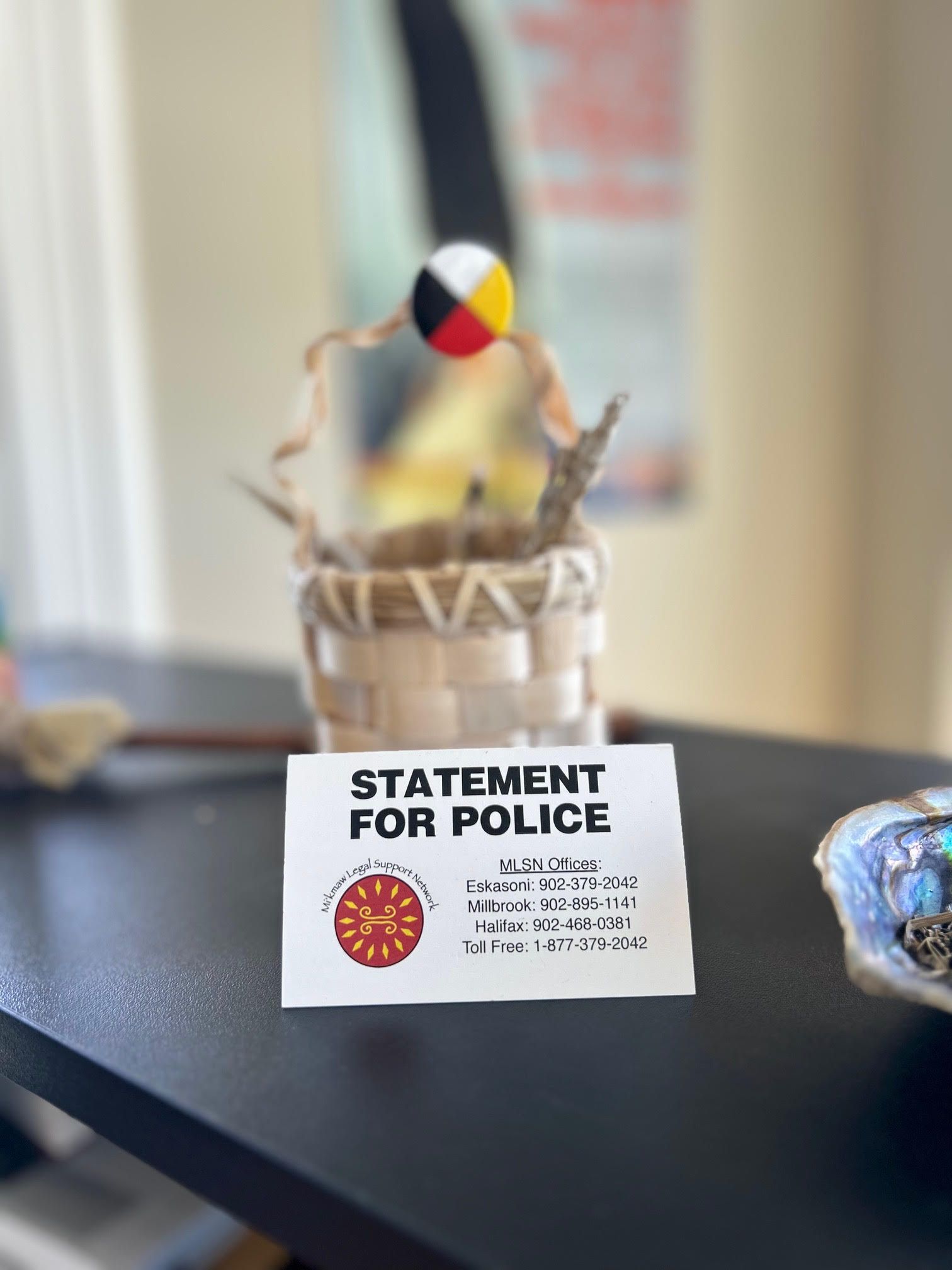
Mi’kmaw Court Worker Program
The Mi’kmaw Court Worker Program is designed to assist Mi’kmaw and Indigenous people who were charged by police and have to go to court.
- Provide information to help clients understand their charge(s), rights, options and requirements in the justice system.
- Help the client find legal assistance, if needed.
- Accompany the client to court and provide explanation of the trial and other court processes specific to the case.
- Refer clients to appropriate resources that are helpful to the client.
- Offer justice support services specific to the clients circumstances.
- The Mikmaw court worker can speak on behalf of the client.
Bail Verification and Supervision Program
- Supervise and meet with you on a regular basis.
- Remind you of court dates and review all bail conditions with you.
- Review the consequences of not complying with the bail order.
- Assist you to develop and implement a case plan.
- Provide on-going support and assistance through the process.
- Initiate referral to community programs and services.
- Set up programs and services to help maintain healing to wellness plan.
- Report to MLSN for intake.
- Establish and maintain a reporting schedule with the caseworker.
- Attend all scheduled court dates.
- Abide by all conditions listed in your bail order.
- Work with MLSN to implement a case place that addresses issues that may have brought you before the courts.
- Awaiting bail decisions.
- Remanded for show cause hearing.
- In custody unable to meet their surety and bail cash.
- Appealing a bail decision which has resulted in detention.
Indigenous Youth Justice Project
The Indigenous Youth Justice Program was founded in 2015 as the Cross Over Youth Project in Toronto, Ontario as a result of a study by Metropolitan Toronto University (formally Ryerson University).
It made its way to Eskasoni, Cape Breton, Nova Scotia in May 2022 under the Mi’kmaw Legal Support Network.
The goal for the program is to specifically help youth ages 13-17 who are:
- In care of the child welfare system or
- In the criminal justice system or
- At risk to become involved in the criminal justice system.
The Facilitator works on building the program to ensure the youth get the support they need while in the program and help lead into the right direction. This involves:
- Working one on one with youth.
- Pairing them with cultural teachings.
- Service learning.
- Cognitive skill development.
The Indigenous Youth Justice Project works in partnership with the Mi’kmaw Customary Law Program, when the youth has been referred by the courts or by police, as a wraparound service delivery to benefit youth who have been referred to the program.
The goal for a youth who has been referred to customary law is to complete a healing circle and develop recommendations for the youth to complete to help restore balance. The program will begin the process to meet with a youth to review the program.
The Youth Facilitator will meet the youth to provide the youth with cultural belongings known as a bundle, items could include a smudge bowl and sacred medicines and more. We will work on a cultural educational component along with service learning and cognitive skills.
If you know of a youth that could benefit from working with a youth mentor, cultural teachings, service learning and cognitive skills development, make the referral to the program and get in touch with the Youth Facilitator at Mi’kmaw Legal Support Network at (902) 379-2042.
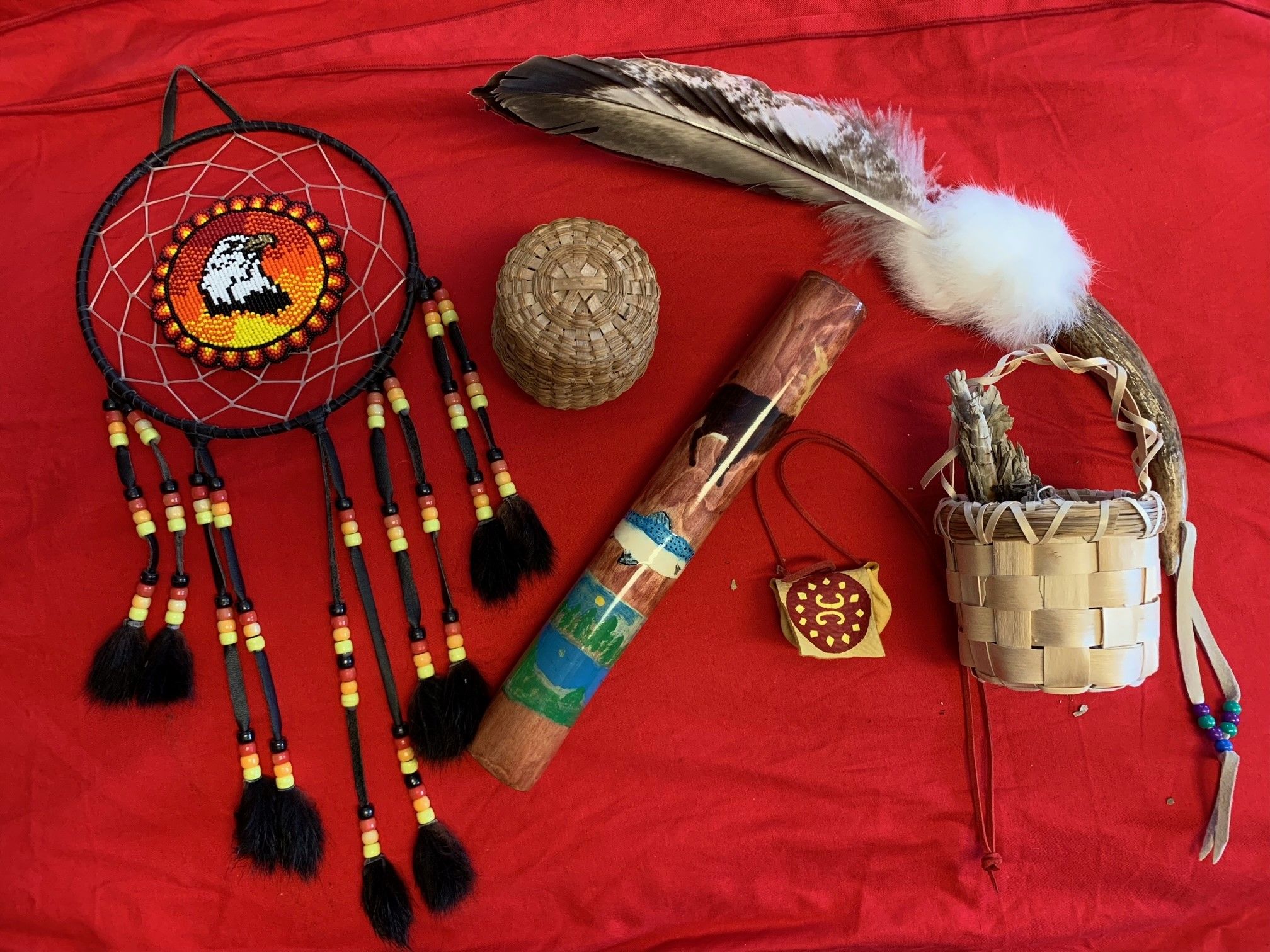
Mi’kmaq Customary Law Program
Mi’kmaq Customary Law Program works with Indigenous and Mi’kmaw communities to find meaningful and culturally appropriate ways to hold the wrongdoer accountable. The lasting benefit of this process is the renewal of community interest, involvement, and support in the healing process of the indigenous victim, wrongdoer and community. This process is necessary for future growth and strength of indigenous justice initiatives and revitalization of Mi’kmaq customary law perspectives in Nova Scotia.
A talking circle is arranged to rediscover the traditional Mi’kmaq and indigenous method of the community dealing with a wrongdoer who has broken the law. A judge, a lawyer for the accused, crown attorney, police officer may also sit in some or all the circles.
An individual may be accepted into the program if they accept responsibility for the offence and willing to make amends to restore balance and harmony within oneself and community. The circle is guided by MLSN caseworkers and discuss the following: What happened, why it happened, what the impact is, and what is needed to repair the harm and suggest ways to decrease the chance of it happening again.
The goal of the circle is to provide an alternative to the formal court process that is more inclusive to the needs of the indigenous and Mi’kmaw community and offender. We help circle participants understand the social conditions contributing to crime and offer an alternative that is culturally sensitive. During the circle process, we help the wrongdoer develop an action plan that is culturally relevant for the healing process that may involve community supports and engage the commitment of all participants.
Justice Circle
- Pre/post charge.
- Find ways to hold the wrongdoer accountable.
- A plan to restore balance and make amends is developed.
Healing Circle
- Pre/post charge.
- Done without prejudice to sentencing.
- Share the pain of trauma or loss.
- A plan for support may emerge, but not required.
Sentencing Circle
- Pre/post charge.
- Wrongdoers have a voice.
- Promotes wrongdoer responsibility.
- Wrongdoer can acknowledge harm done to victim and community.
- Helps court determine a meaningful sentence that promotes healing.
- Held in community.
Success Stories
A young Mi'kmaw man turned his life around after he was connected to a Mi’kmaw Customary Law program led by a community of Mi'kmaw elders and supports. Alexa MacLean brings us an in-depth look at how the Mi'kmaw community partners with the justice system to promote healing for those who've lost their way – Jan 27, 2022
When a young Mi’kmaw man entered a community circle focused on healing the root causes of pain that led him to encounter legal troubles, one of his caseworkers knew he was on the path to turning his life around.
“He was able to become an advocate, he was able to become on-call, he began his volunteer work, and supporting people with addictions, and it was admirable,” said Mindy Gallant-Zwicker, a customary law program worker with the Mi’kmaw Legal Support Network (MLSN).
With help from MLSN, Landon Morton said he was able to confront and clear his criminal record. Read full article here.
FAQ
Contact
Reach Out to Us
Office Locations
Cape Breton Office
29 Medicine Trail Eskasoni, Nova Scotia B1W 1G4
902-379-2042 , 1-877-379-2042
Millbrook Office
803 Willow Street Millbrook, Nova Scotia B2N 6N8
902-895-1141
Dartmouth Office
15 Alderney Drive, Suite 1 Dartmouth, Nova Scotia B2Y 2N2
902-468-0381
Kentville Office
495 Main Street, Unit 201 Kentville, Nova Scotia B4N 3W5
1-877-379-2042
